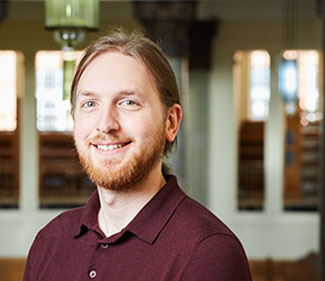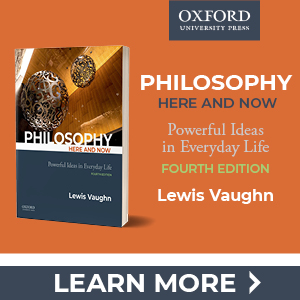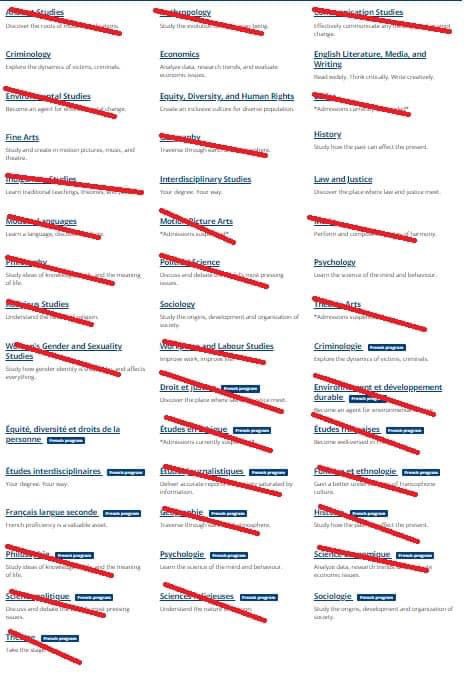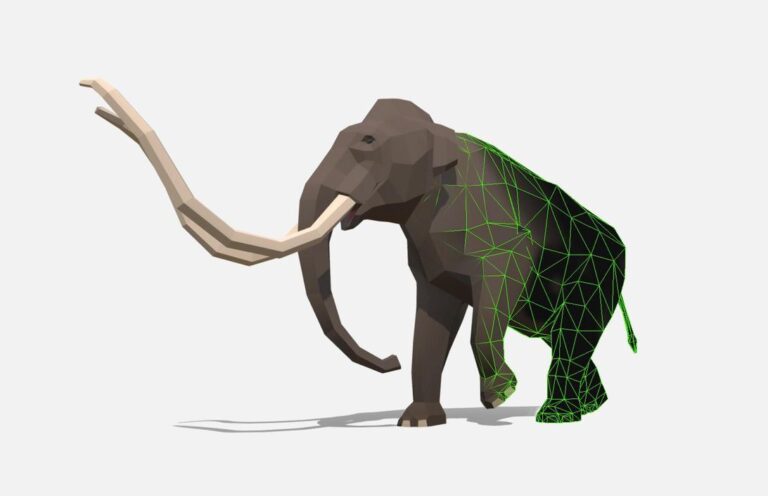Dr. Bex-Priestly won the prize for his “Expressivists Should be Reductive Naturalists“:
The prize includes ,000 and the article’s publication in Oxford Studies in Metaethics.
The prize contest is administered by Russ Shafer-Landau (University of Wisconsin). More information about it, including previous winners, is here.
The Marc Sanders Foundation has announced that the winner of its 2021 Prize in Metaethics is Graham Bex-Priestley (University of Leeds).
Quasi-realists claim there are moral facts and properties, but they don’t always make it clear what kind of facts and properties they are. I argue for two things. First, making sense of these claims requires expressivists to go hybrid. Second, if expressivism is true, there is no way to believe moral properties are irreducibly normative without believing something untrue. Expressivists are effectively compelled to reject non-reductivism. Instead, they should believe moral properties are natural and can be referred to with non-moral terms. This isn’t a bad thing; the combination of expressivism and reductive naturalism is an independently appealing metaethical theory.
Even the most robust of value realists will typically allow that there are some parts of our lives as agents that should not be understood in realist terms. When it comes to those things that seem properly individual, personal to us—choosing a career, a spouse, a flavor of ice cream—realist and anti-realist alike have tended to suppose that the value that is on the scene here must stem from the agent’s own particular set of attitudes, values, likes, and preferences, rather than residing in the valued object. For in such arenas, it is not merely that we do differ from one another, but rather that it seems perfectly right and proper that we should differ in these ways: these parts of our lives are, as I put it, properly ‘idiosyncratic’. This fact has seemed to many philosophers to foreclose the possibility of realism in these areas. In this paper, I argue that this is a mistake: the phenomenon of idiosyncrasy is fully compatible with the reality of such value. Even such things as a preference for peanut-butter-cup ice cream can, I claim, be understood as a response to real value.
Runner-up for the prize is Claire Kirwin (Clemson University), for her “Value Realism and Idiosyncrasy“:







